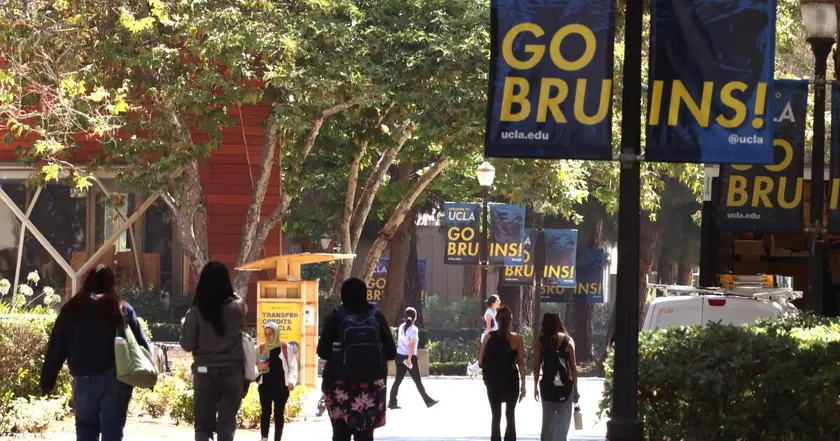T4K3.news
Owain James case prompts call for tissue handling reform
A Welsh couple lobbies for new rules to preserve brain tumour tissue and expand informed consent in treatment decisions.

A Welsh couple’s fight for a life-saving vaccine highlights gaps in how brain tissue from surgery is handled and spurs a campaign for Owain’s Law.
Owain James case drives push for informed consent on brain tissue
Owain James, 34, was diagnosed with a large brain tumour after months of troubling symptoms. His wife Ellie pursued every option, including experimental immunotherapies that use a patient’s own tumour tissue to train the immune system. The couple married two weeks after the diagnosis, while fundraising and seeking treatments abroad when NHS options fell short. After initial surgery reduced the mass and months of chemotherapy and radiotherapy, Owain’s cancer briefly responded to the experimental approach. But the disease returned and his condition deteriorated, and he died after a rapid decline.
Ellie says the experience showed how little control patients have over tissue removed during surgery. She argues that more tumour tissue should be preserved for research and treatment, and that patients must be properly informed about what happens to their tissue. She has since turned her grief into a campaign for Owain’s Law, a push to change how brain tumour tissue is handled and to ensure patients can consent to its use beyond standard histology. The effort has drawn support from brain tumour charities and politicians in Wales, but has faced opposition from government figures who say mandated procedures could hamper timely diagnosis and medical judgment.
Key Takeaways
"Money means nothing when you're in that kind of situation."
Ellie on funding desperate efforts to save time
"Owain would decide when he would die."
Autonomy and prognosis in the couple's view
"What worried me about what the health secretary said was that clinicians are there to use their discretion and by having Owain's law we're going to encourage disagreement between medics and patients."
Reaction to policy and tension between doctors and patients
The case spotlights a persistent tension in medicine: how to balance clinical discretion with patient rights and public interest. Advocates say more consistent tissue preservation would expand options for patients facing slim odds, especially when experimental treatments show occasional, dramatic results. Critics warn that legislation could restrict doctors’ ability to act quickly and tailor care to each patient, potentially slowing diagnosis or forcing procedures that aren’t universally beneficial. Owain’s story also underscores how rare cancers receive less funding and how policy levers can shape access to emerging therapies. The clash between a grieving family and a cautious health system raises questions about accountability, transparency, and the pace of reform.
As Owain’s widow lobbies in the Senedd, the debate moves from a personal tragedy to a broader policy contest. The outcome could set a precedent for how much say patients have over tissue that is removed in surgery and how hospitals document and store it for future use. The balance between hope and caution remains delicate, but the call for clearer informed consent and tissue preservation persists.
Highlights
- I will sell my house to get you that extra week
- Money means nothing when you're in that kind of situation
- Owain would decide when he would die
- What worried me about what the health secretary said was that clinicians are there to use their discretion
Health policy reform faces political and practical risks
The proposed Owain's Law would mandate fresh-freezing of brain tumour tissue and broaden its use, raising questions about diagnostic speed, clinical discretion, and resource allocation. Critics warn it could create conflicts between clinicians and patients and burden the NHS with higher costs or delays if not implemented carefully.
The case asks a simple question about care: who decides how tissue is used when a patient has little time left?
Enjoyed this? Let your friends know!
Related News

Campaign for Owain's law prompts policy debate
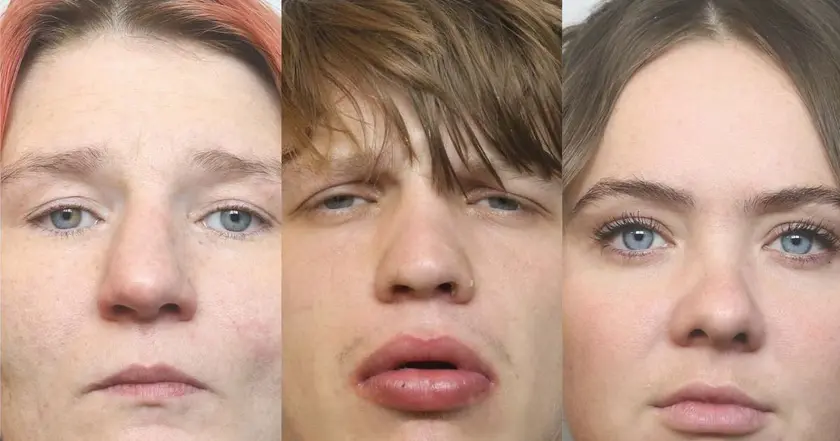
Merseyside jails 66 criminals in July

Trump under scrutiny over Epstein connections
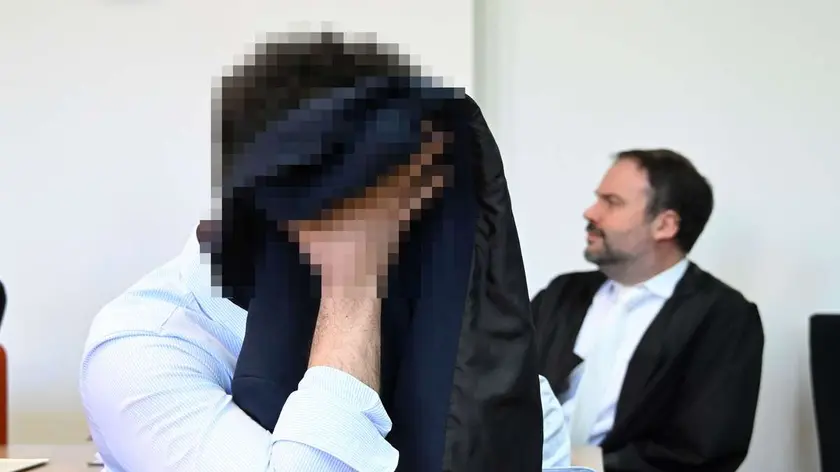
Police seek escaped rapist in Munich

Warwickshire police respond to Reform accusations
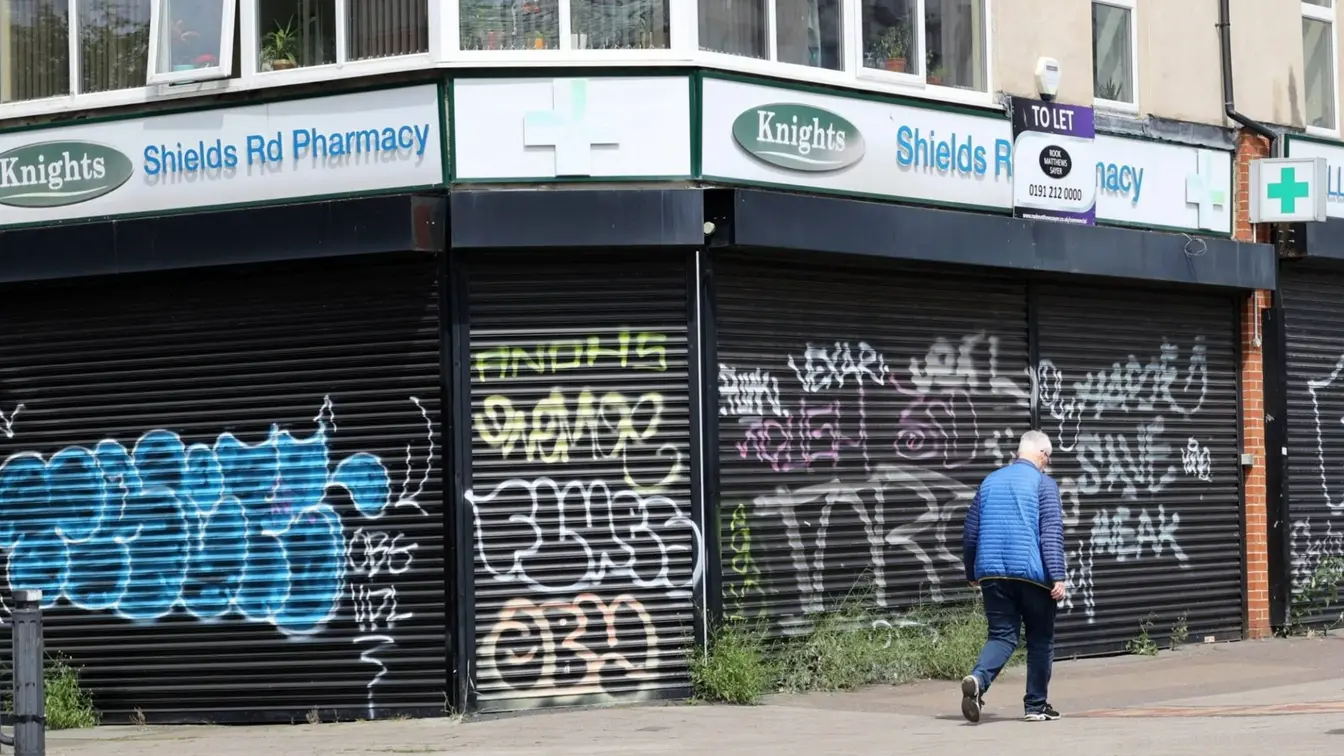
Acid attacks surge in Northumbria region prompting policy response
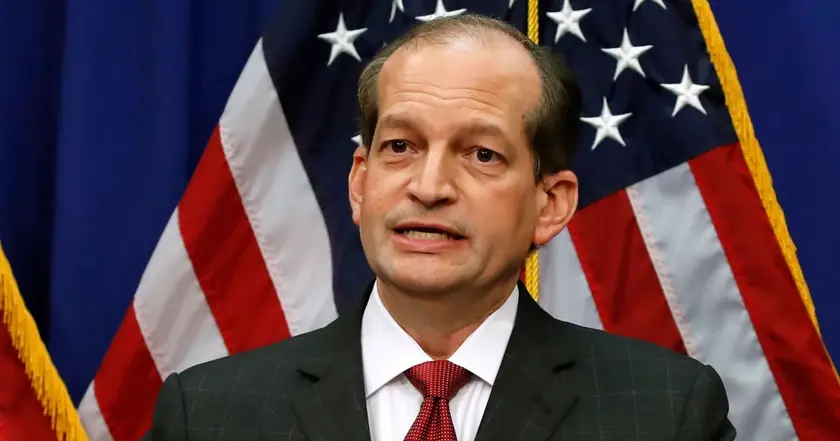
Congress omits Alex Acosta from Epstein subpoenas
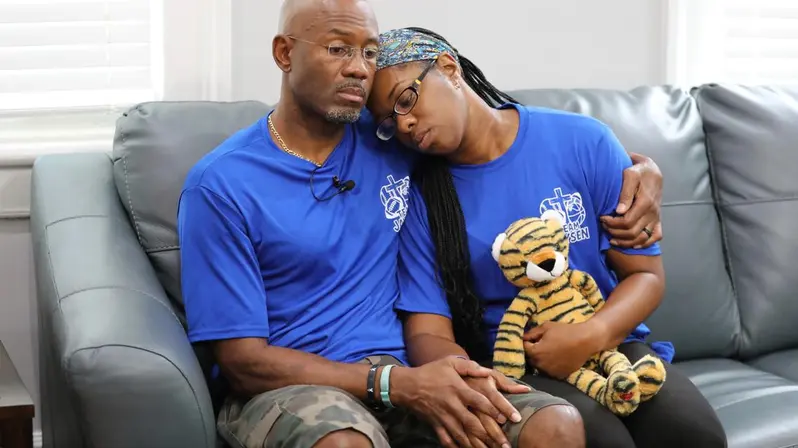
Parents demand lake safety reforms after child's death
